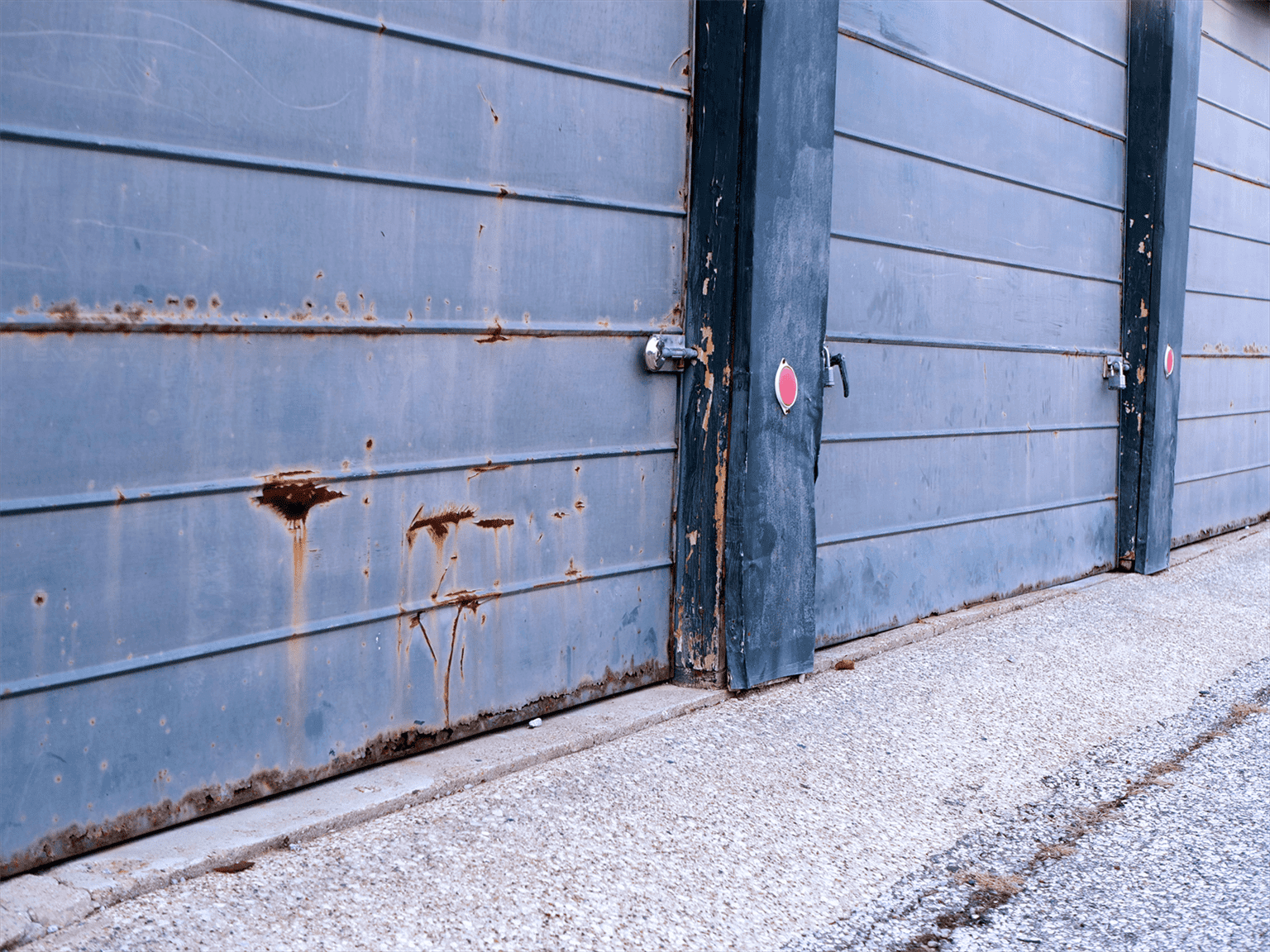Storage Units Offer Strong ROI in 2023

Residential properties are a manageable entry point for investors looking to get started in real estate, but it’s not the only option. Storage units offer another type of property asset that is potentially less-hands on and more rewarding. For many investors, self-storage is their only property investment and was an attractive switch after managing residential properties. Storage units offer a compelling return on investment without all the managerial baggage.
If you’re looking for new ways to invest in real estate, read on to learn how self-storage facilities may be a smart investment for you. Many people overlook Storage Units.
If you would like to learn how to make strong, business-minded investments such as storage units using the best available financing today, click the link below for a free strategy call with our team here at LendCity.
The self-storage sector
Canada is currently seeing a self-storage boom. Self-storage is an $840 million industry and is currently the fastest-growing real estate sector in Canada. There are about 1,800 storage companies in Canada, and many large companies are absorbing independent operators.
The strong economy, low-interest rates and population growth have all contributed to increased demand for storage facilities. As Canadians are experiencing greater wealth and the population is shifting, people need a place to put their belongings.
Until recently, there has generally been a lack of storage options, with Canadians averaging only 2 square feet of storage space per capita. Compared to 9 square feet per capita in the United States. Steady demand makes self-storage an attractive investment.
Good times and bad times
Unlike residential real estate, storage units are better able to weather market fluctuations. When the economy is strong, people are buying more goods and putting things in storage. When the economy is bad, people are forced to downsize and put their belongings in storage. Regardless of the current market, people need storage. It’s ultimately cheaper for them to rent a storage unit than to buy or rent a bigger home. Storage unit assets also have the lowest foreclosure rates, better protecting your investment.
Active or passive investment
Self-storage units can be an active or passive investment. Investors can own and operate a facility or invest the money and hire someone else to manage the day-to-day operations.
For investors looking to collect passive income, there are several real estate investment trusts (REITs) specializing in self-storage. REITs are acquiring portfolios of medium- and large-scale storage operators, and are now turning to small businesses.
Manageable turnover
Unlike residential rental turnover—finding a new tenant, making repairs and upgrades and cleaning the unit—self-storage rental is a bit more straightforward. Units are generally concrete and steel that can be cleaned out quickly. Turnover is high, with a few tenants moving out every month, but the turnaround process is more straightforward.
Discover How To Develop Real Estate With This Step By Step Guide
Recouping losses
If a self-storage tenant fails to pay rent, the facility operator can put a lien on the property or conduct an auction and collect the proceeds. Rules about what facility operators can do to recoup losses vary widely, so it’s important to research local and provincial laws.
Retail benefits
Self-storage facilities are more than a real estate investment; they’re also a retail business. Tenants will often need more than just the storage space. They may also require moving trucks, packing supplies and locks. Large-scale operators can offer more to customers than small businesses, like more competitive pricing or additional services like pick-up and delivery. By selling goods and services to your tenants you can increase your potential for profit, and earn more than you would simply be collecting rent.
Luxury storage
One option for self-storage investment is a facility catering to high-end clientele. Tenants in pricey new high-rises need storage space for their small apartments. Storage units for luxury cars, boats, RVs and other toys can bring in big money, but also require high-tech amenities to protect precious cargo.
Location, location, location
The number one rule of real estate also applies to self-storage units: location is everything. Toronto, Vancouver, Calgary and Edmonton are all seeing increased demand for storage.
If you’re looking to invest in a self-storage facility, start by seeing what’s available in your neighbourhood. Identify current storage facilities that have space for additional units. Look in areas with a high population turnover rate, like near universities, or areas that don’t have many storage options. Think outside the box and look for vacant commercial space that could be converted to self-storage.
Self-storage units offer steady cash flow, are more immune to market fluctuation than residential properties and are a rapidly growing sector in Canadian real estate. Whether you’re looking to manage your property or add it to your portfolio, self-storage facilities are a strong real estate investment.
Once again, if you would like to learn how to make strong, business-minded investments such as storage units using the best available financing today, click the link below for a free strategy call with our team here at LendCity.
